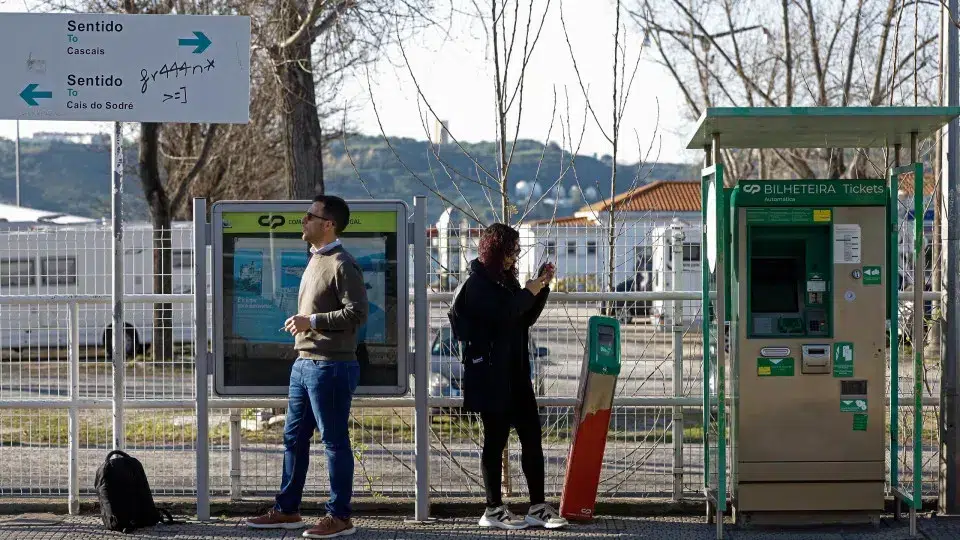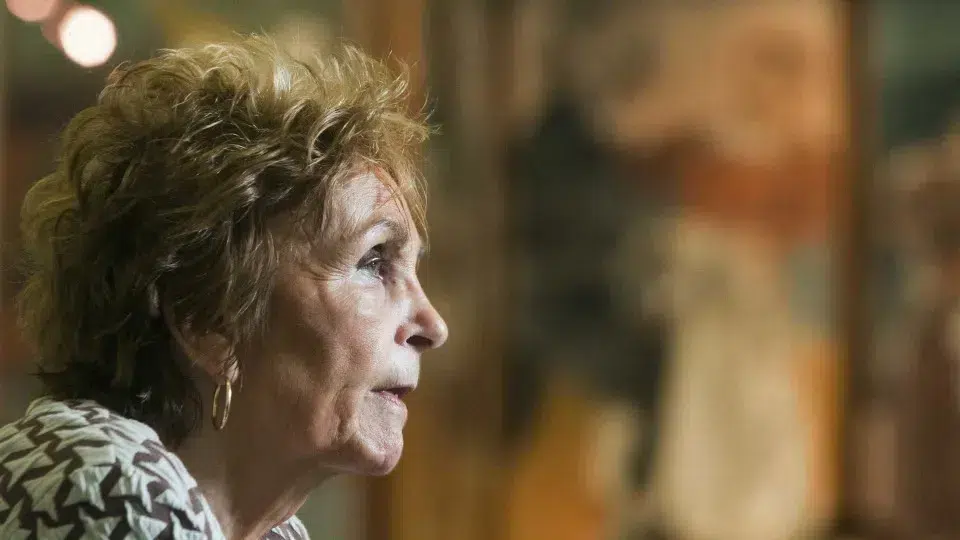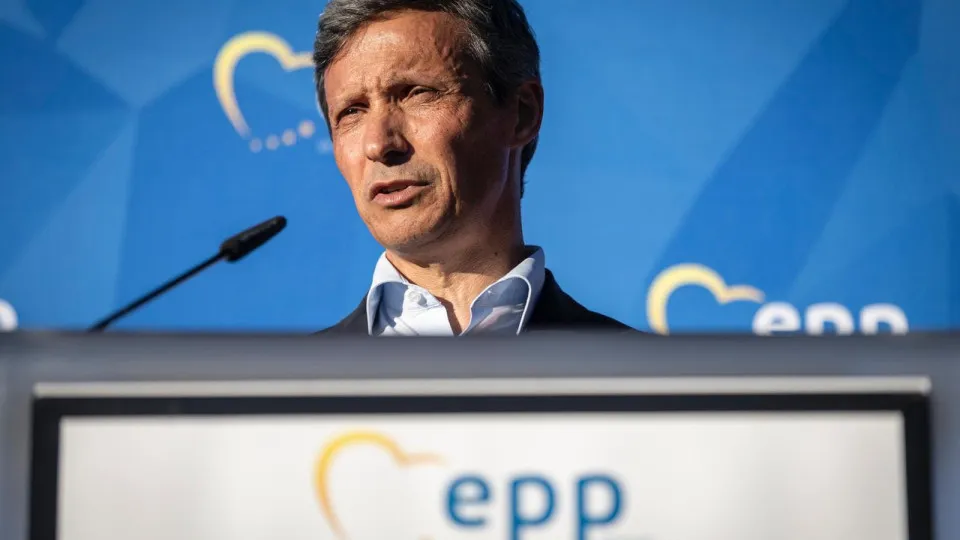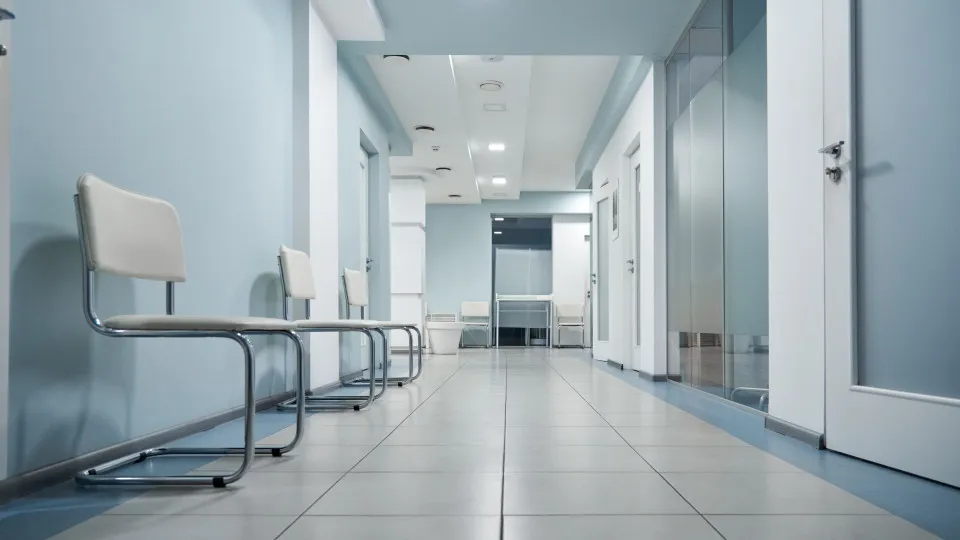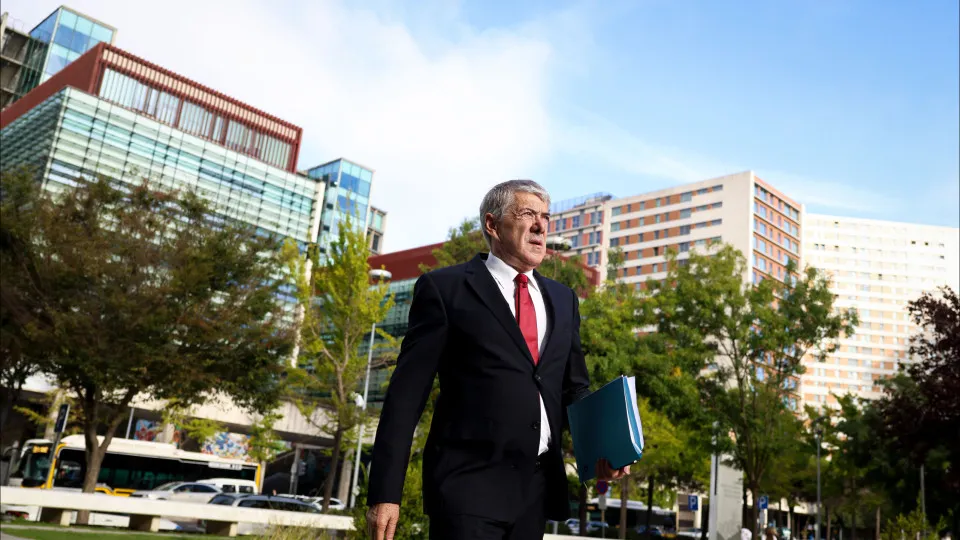
The trial of Operation Marquês in Lisbon featured a testimony by Dina Alexandre, where several phone intercepts were played to refresh the memory of the banker. José Sócrates initially requested a total loan of 75,000 euros in early 2014 for setting up expenses in Paris, where his son was already living with his mother, Sócrates’ ex-wife.
By August, with 52,000 euros outstanding, the former prime minister (2005-2011) secured another 40,000-euro loan, followed by a third loan of 30,000 euros in late October, intended to partially settle an approximately 40,000 euro personal income tax debt.
During a 2014 call with Dina Alexandre, revisited today in court regarding the last loan, Sócrates was surprised when the account manager pointed out his fixed expenses of about 15,000 euros. He remarked about the “absolutely excessive” spending despite “earning so much money.”
At the time, the former socialist leader had a salary of at least 12,500 euros from work with pharmaceutical companies. His fixed expenses included monthly loan repayments exceeding 5,500 euros, a 5,000-euro monthly payment to his ex-wife, and a lease on a Mercedes car.
“I often had to outline his expenses in a structured way for him to understand the limits,” remarked Dina Alexandre, adding that Sócrates would inquire over the phone about his account transactions, where his salary was deposited.
The banker noted that the former prime minister was deemed a “credible client” with no special treatment in loan approvals, which were granted by the commercial board based on his income profile.
The loans were all repaid later, after Sócrates was placed under preventive detention in November 2014, using funds from the sale of his house in Lisbon. Dina Alexandre admitted during defense questioning that had he continued receiving his salary, the loans would have been repaid within two years as the installments would have been automatically deducted from his wages.
José Sócrates, aged 67, faces charges on 22 counts, including three of corruption, for allegedly accepting money to favor the Lena group, the Espírito Santo Group (GES), and the Vale do Lobo resort on different occasions.
In total, the case involves 21 defendants who generally deny the 117 alleged economic-financial crimes.
The trial has been ongoing since July 3 at the Central Criminal Court of Lisbon.

